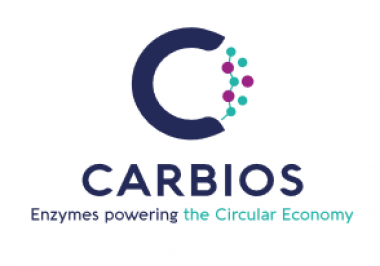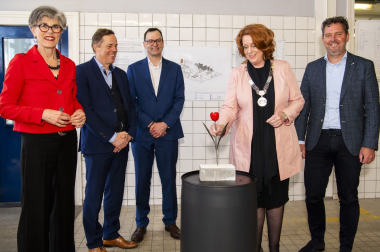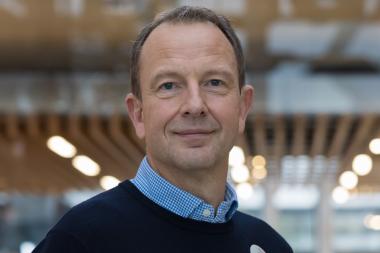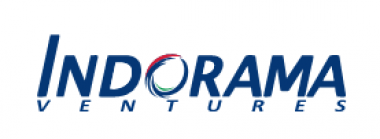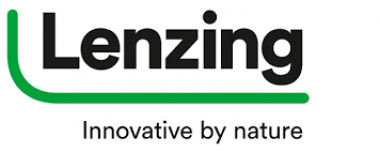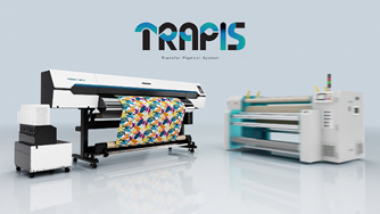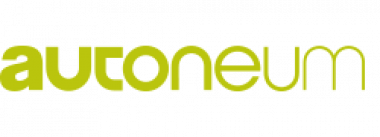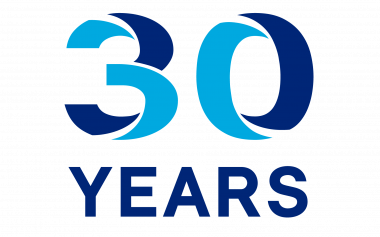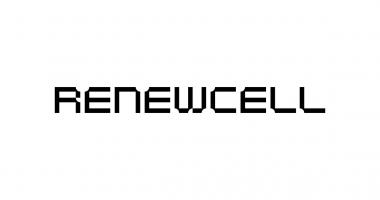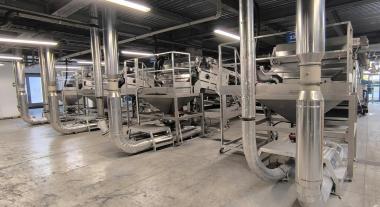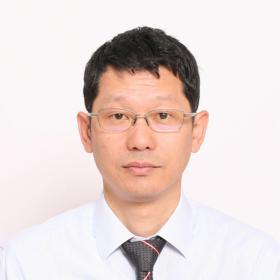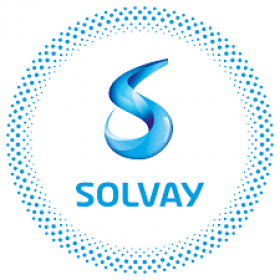CARBIOS: Fiscal-year 2023 financial results
- CARBIOS Group’s solid financial structure: cash position of €192 million on December 31, 2023
- Construction progress of world’s first PET biorecycling plant in France: in line with delivery targets for customers in 2026
- Licensing: international sales teams deployed in more than ten countries, with several partnerships feasible for 2024
CARBIOS reported its operating and financial results for the financial year 2023. The financial statements as of December 31, 2023, were approved by the Company’s Board of Directors at their meeting on April 10, 2024.
2023 Financial highlights
The consolidated financial statements of the Company as of December 31, 2023, are presented in accordance with International Financial Reporting Standards (IFRS) as issued by the International Accounting Standards Board (IASB) and adopted by the European Union.
For 2022 and 2023, these IFRS consolidated financial statements include the financial statements of CARBIOS, the parent company, and the financial statements of its fully integrated subsidiaries Carbiolice and CARBIOS 54. The group formed by CARBIOS, Carbiolice and CARBIOS 54 is hereinafter referred to as the “Group”.
These IFRS financial statements for the Group have been prepared to provide high quality information in line with that of similar companies and based on international standards.
Outlook
Given the progress made by the Group during 2023 and the success of the financing operation closed in July 2023 as well as the received grants, CARBIOS confirms its operating targets and the provisional calendar of the industrial and commercial deployment of its PET biorecycling technology.
2024 • Construction of the Longlaville plant further to permits obtained in October 2023
2024 • Recruitment of plant operations team and training at demonstration facility
2026 • First significant deliveries to clients
Alongside this project, CARBIOS aims to sign its first licensing contracts for its PET biorecycling technology in 2024.
CARBIOS


